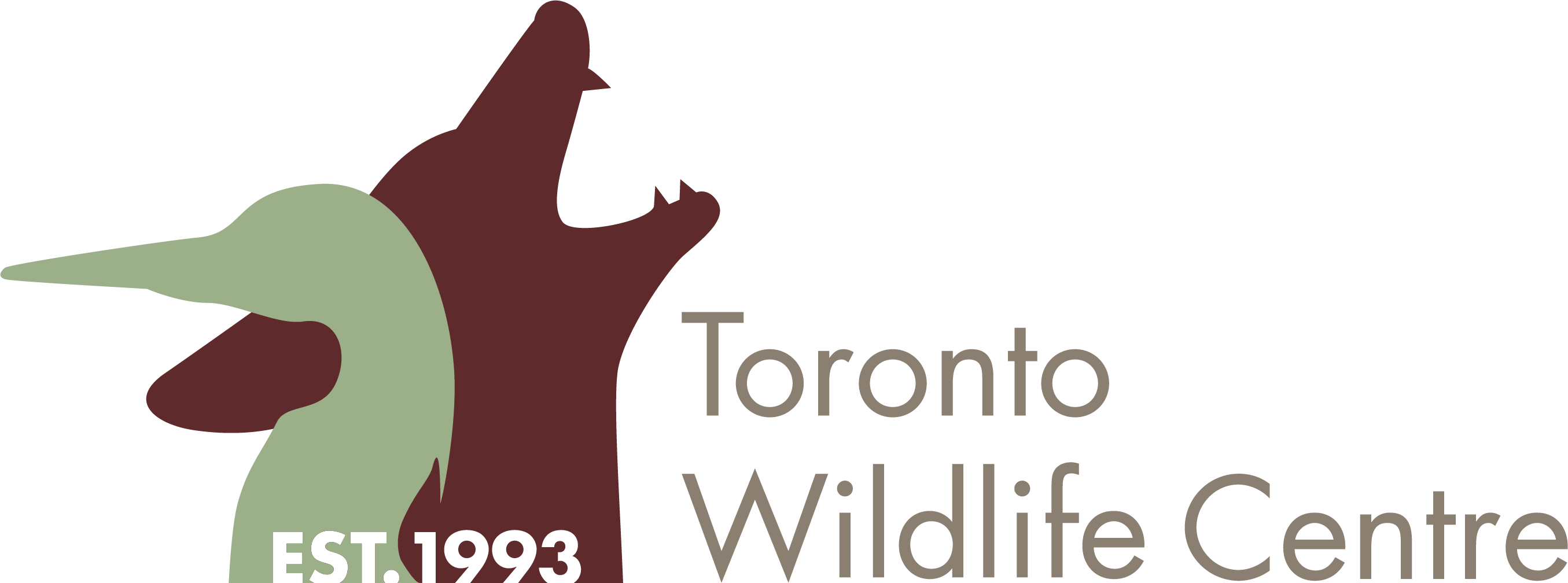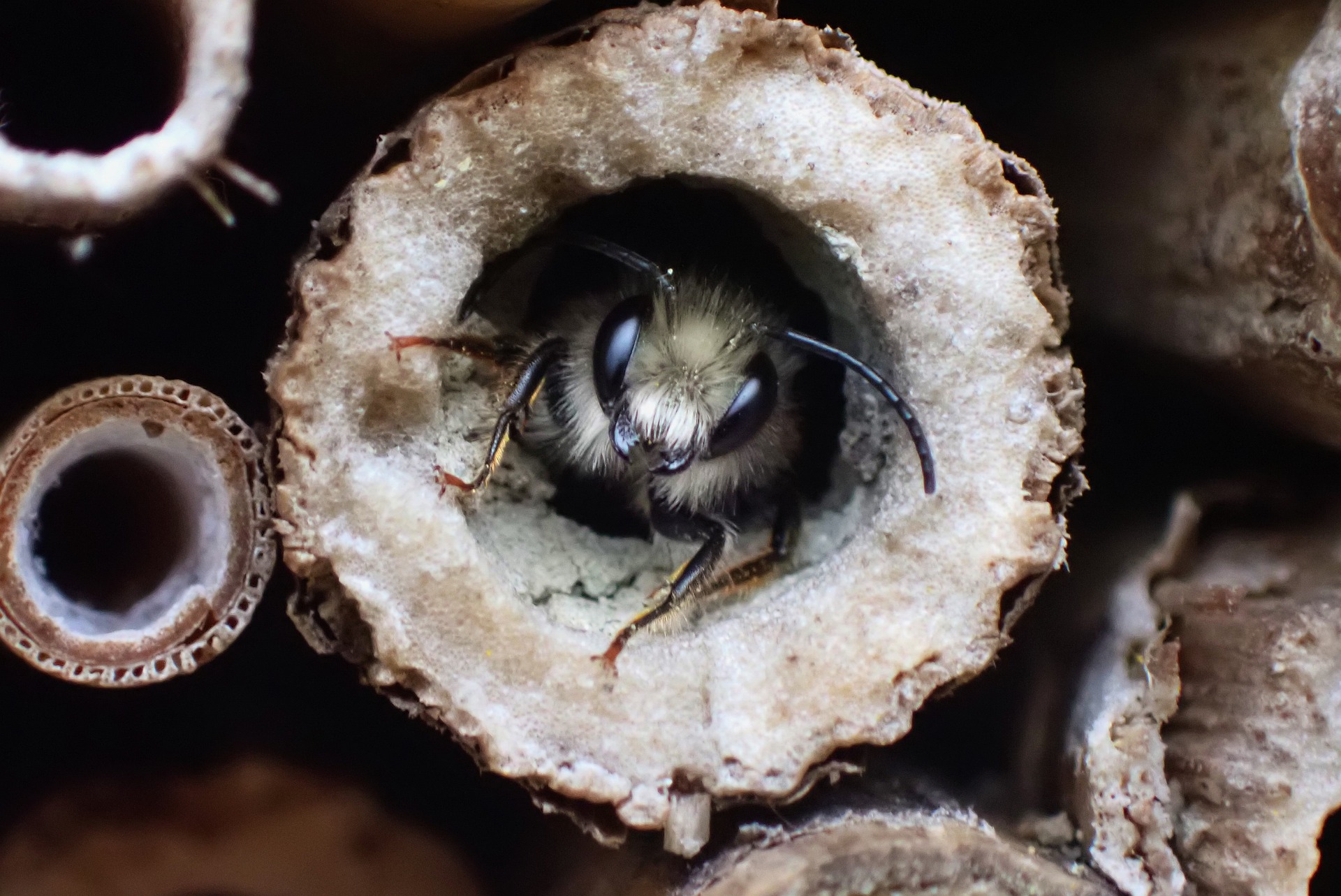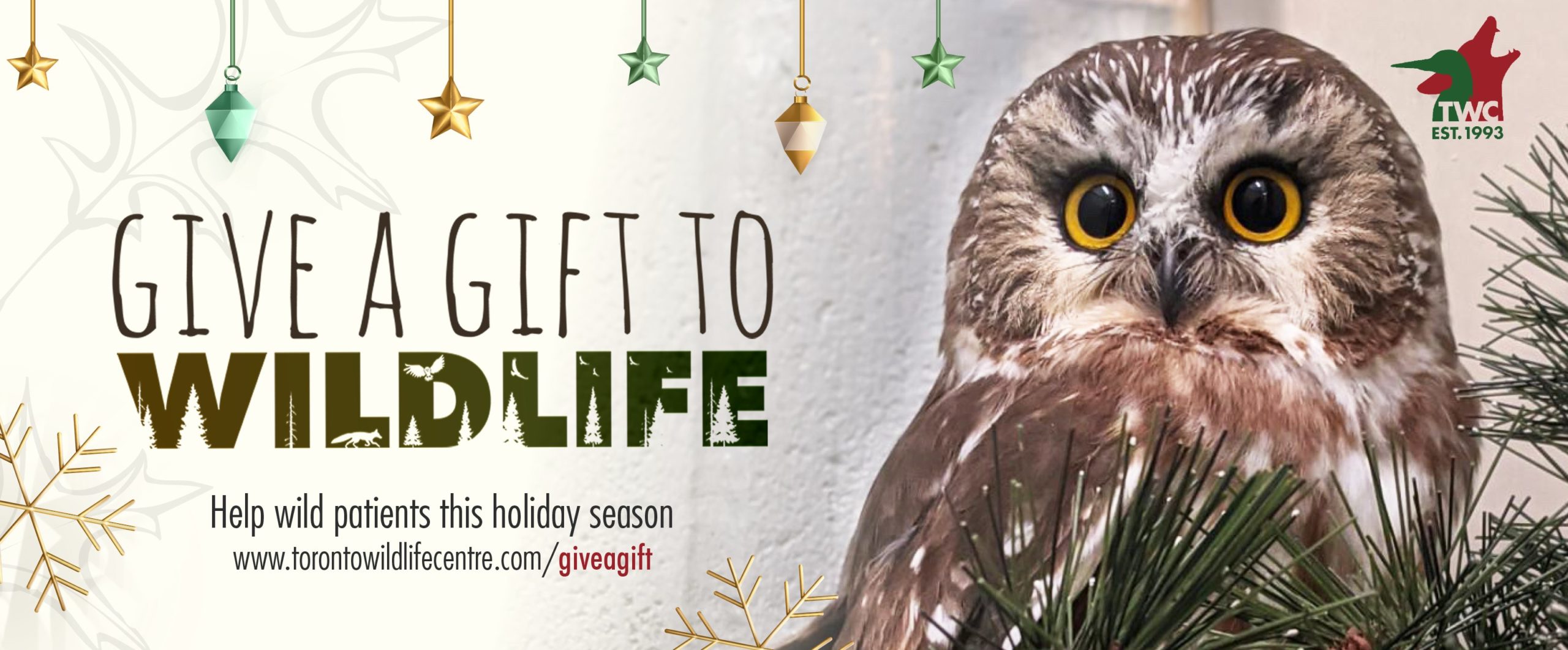By Victoria Badham, Education and Outreach Manager at TWC
So often, the gifts we give and receive around the holidays go unused, underused, given away, or even worse, sent to landfill. Some people opt to “buy nothing” as a way of reducing waste and overconsumption which clearly has environmental benefits. At the same time, gift giving is a tradition that crosses over many holidays and cultures and carries deep meaning for many people. To give a gift with a nod to Mother Nature, we suggest using your purchasing power to help wildlife this holiday season! Check out the following list of our top choices to support wild species and their habitats.
Visual markers for windows
We’ve shared a lot of information this year about the importance of making windows and other glass objects (e.g. glass railings) safer for birds. Feather Friendly window markers are an easy-to-use solution for preventing window strikes on residential glass surfaces. Kits start at $15.99 for one 100-foot roll of tape – an affordable gift that could save many bird lives! To take your gift up a notch, add a “coupon” to let the gift recipient know that you will do the (not-so-hard) work of applying the markers to their window too!
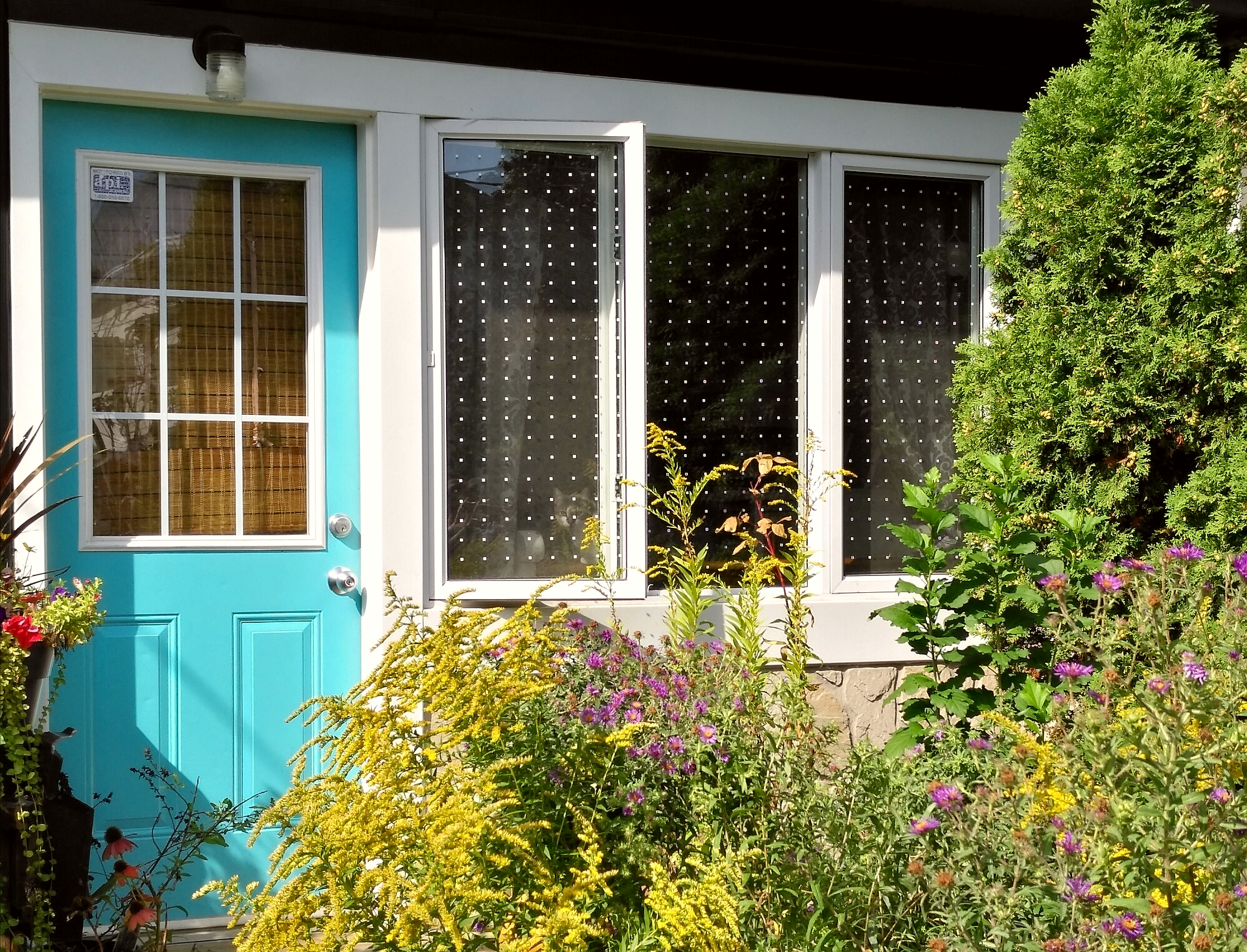
Birds collide with glass as they fly towards the plants, trees and shrubs reflected in windows. Feather Friendly window markers allow birds to “see” glass and helps them to avoid deadly window strikes.
Native seeds or native plant kits
If we all transformed even a small patch of our yard into a native plant paradise, it would add up to a lot of extra habitat for our wild neighbours. Native plant seed packets are an affordable option for starting a native garden. Or if you really love the gift recipient, give them a gift certificate for LEAF – they offer native shrubs and garden kits that come with garden designs to help anyone get started on their native plant gardening journey – no green thumb required!
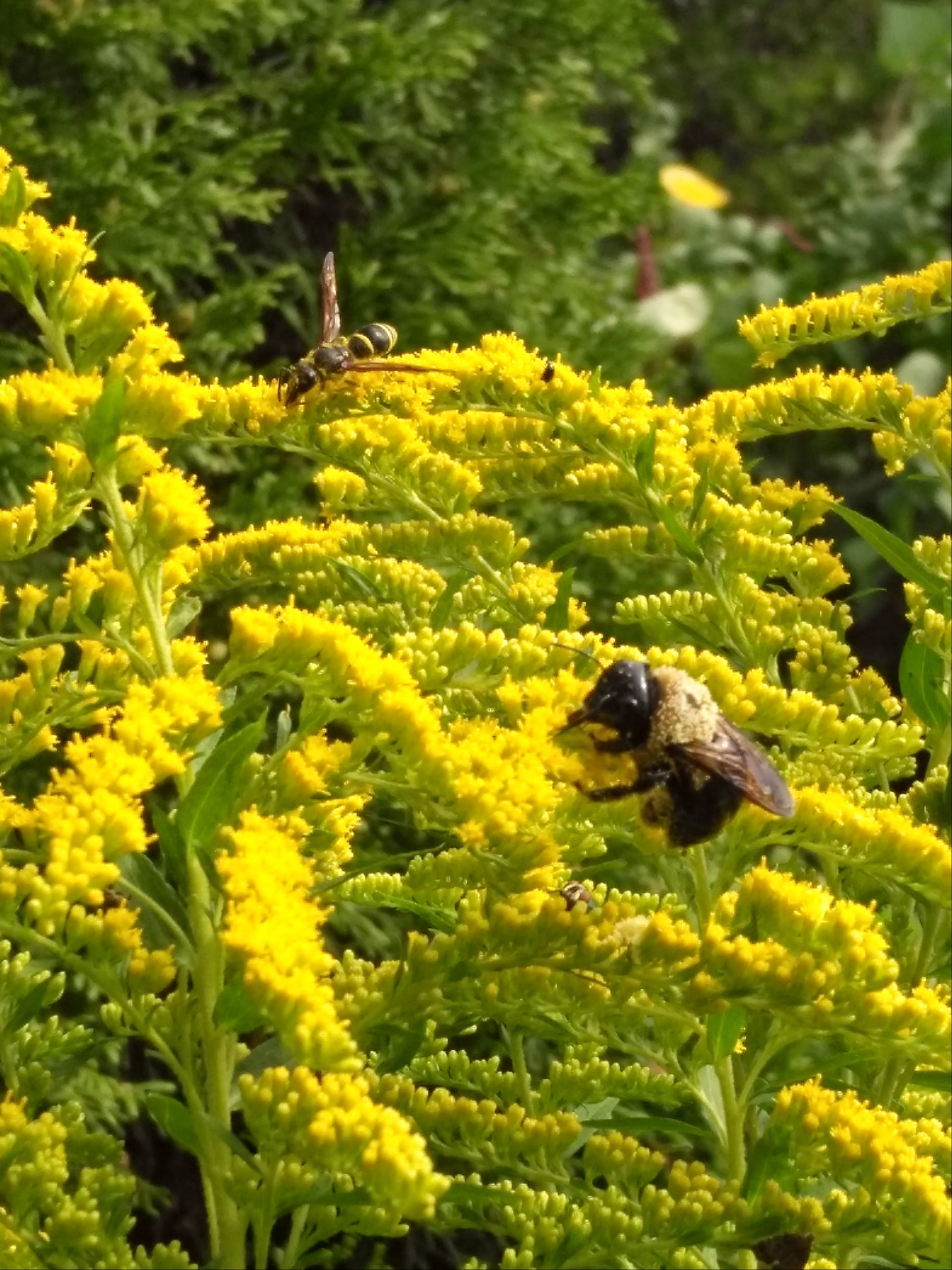
Restoring native plant habitat is vital to preserving biodiversity and is a gift that keeps on giving!
Books about gardening with native plants
Yes, books are still a thing! Inspire your loved ones to get started with their native gardening journey with the gift of a book such as Nature’s Best Hope by Douglas W. Tallamy or 100 Easy-to-Grow Native Plants, by Lorraine Johnson. Both offer an abundance of reasons to love native plants, why they are important in our landscapes, and the special relationships among plants, insects, and animals.

Give others the gift of learning about the interrelationship between wildlife and native plant species!
Bee hotel
Honeybees get a lot of attention, even though they’re actually a domestic species and are not at risk of going extinct. On the other hand, our native bees (over 350 species in the Greater Toronto Area!) are in trouble and could use a little love this holiday season.
Bee hotels can help provide important resting and nesting spaces for solitary bees – they’re all the “buzz” and a great addition to any native species garden! But keep in mind, they’re not called a “hotel” for no good reason – proprietors of these abodes will need to take good care of their guests! Whether you’re purchasing one or building your own, be sure to pass along information on how to properly care for and clean it.
Bat house
Don’t stop at the bees – a bat house makes a pretty unique gift as well! Bat houses provide extra habitat for bats that might otherwise opt for attics or other structures inhabited by humans. Bat house hosts get the opportunity to watch bats swoop around on their nightly forage for insects; one bat can eat thousands in a night so you might notice fewer mosquitoes hanging around as well!
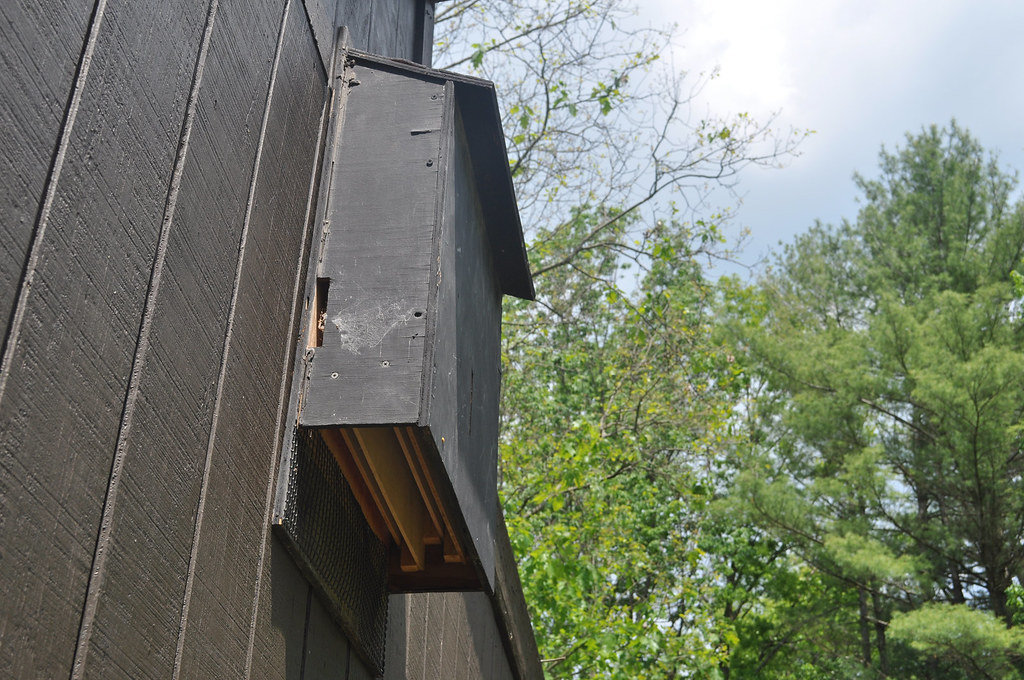
Research is still ongoing to determine the best way to utilize bat houses in Canada; by gifting a bat house, you will offer the recipient the opportunity to participate in the Batbox Project, a study which is providing valuable information to researchers about how we can best protect these vulnerable species. Photo Credit: [Batbox]”Shaver’s Creek bat box 2013″ by pennstatenews is licensed under CC BY-NC-ND 2.0
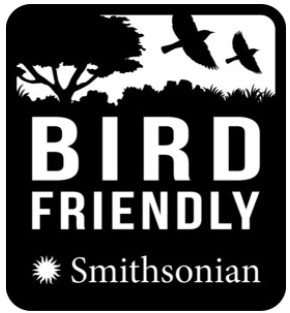
Switching to bird-friendly certified coffee is an easy way to support conservation in coffee-growing regions where birds overwinter.
Bird-friendly coffee
There’s nothing like a good cup of Joe in the morning. However, it may leave a bitter taste in your mouth to learn that many forests have been cleared in bean-growing regions leaving little habitat for migratory birds that spend winters in the south. Smithsonian Bird-Friendly certified coffee plantations grow important plant and tree species necessary for food and shelter for birds. The seal of certification (see below) is important since the term “shade-grown” can refer to a wide variety of growing conditions, not all of which benefit birds.
By purchasing bird-friendly certified coffee, you are ensuring biodiverse regions for birds exist not only in your own backyard, but also in southern wintering grounds. Even more, your coffee purchase through Café Bird Friendly helps organizations that are working to save birds. How do you take your coffee? Double cream and conservation please! Or find another certified bird-friendly certified retailer near you!
Dark sky friendly outdoor lighting
Artificial light impacts the behaviour of wildlife in many ways – from affecting migration, to altering waking times, to how they feed and even reproduce. Keeping the night sky as dark as possible can make a big difference for your wild neighbours. Many lighting options meet the safety needs of humans while limiting harmful effects on wildlife.
Do you have a friend or family member that lights up their house like the Griswolds, even when it’s not the holidays? A new dark sky friendly light fixture may be the perfect gift!
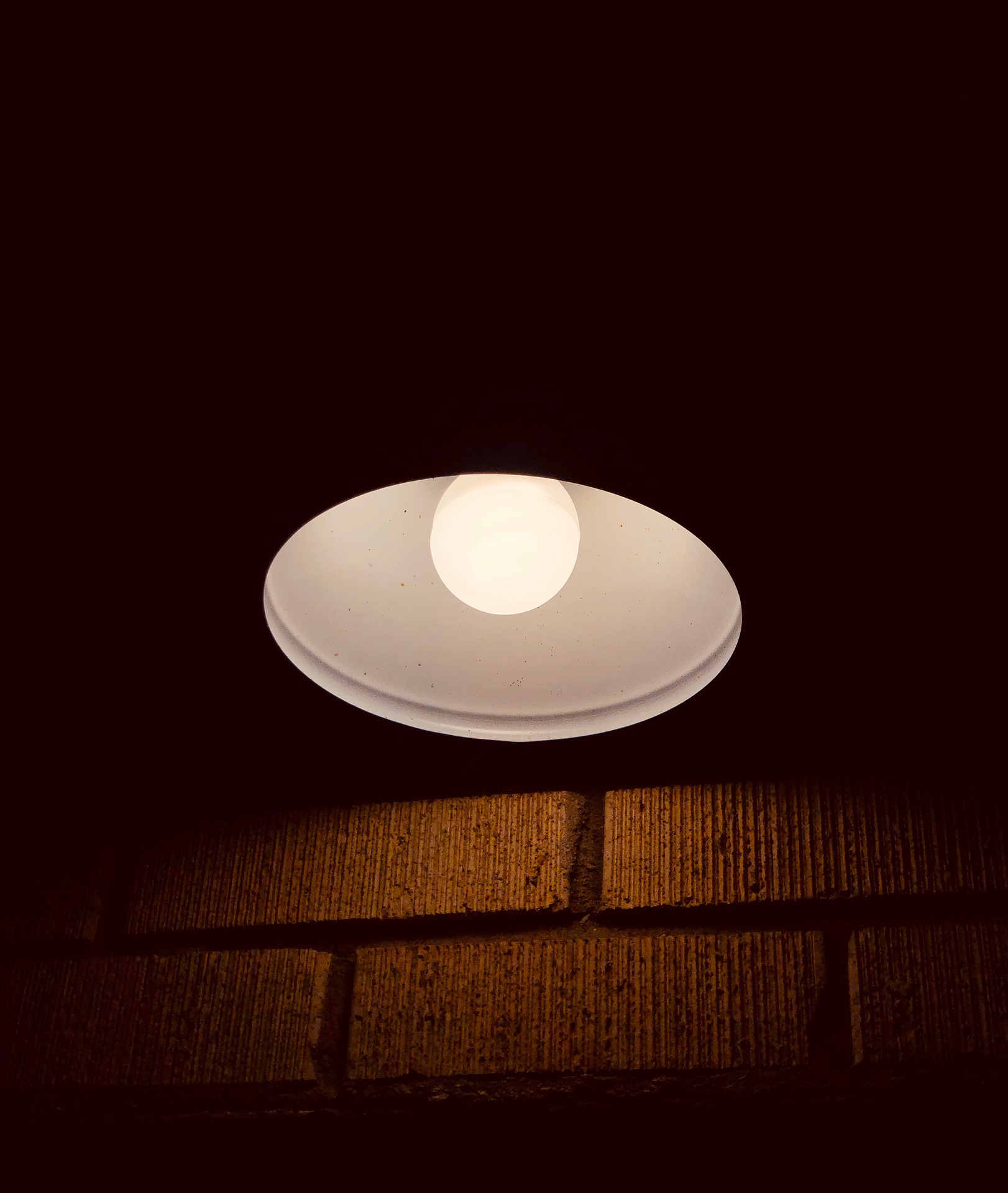
During this season of lights, consider a gift of darkness for our wild neighbours!
Make a donation to a wildlife charity
Our individual actions – like planting native species, drinking bird-friendly coffee, and reducing light pollution – support #BackyardBiodiversity and help protect and support wild species in our neighbourhoods. However, there are still plenty of dangers and so many wild animals will require life-saving care at Toronto Wildlife Centre (TWC) in the months ahead.
TWC has admitted over 6,400 sick, injured and orphaned patients so far in 2021. We anticipate the same need for help in the year to come. By donating funds in your loved one’s honour, to go where it’s needed most, you will play a part in helping patients return to the wild. We will send the gift recipient an animal-themed eCard of your choice to let them know how their gift is changing a wild life for the better!
